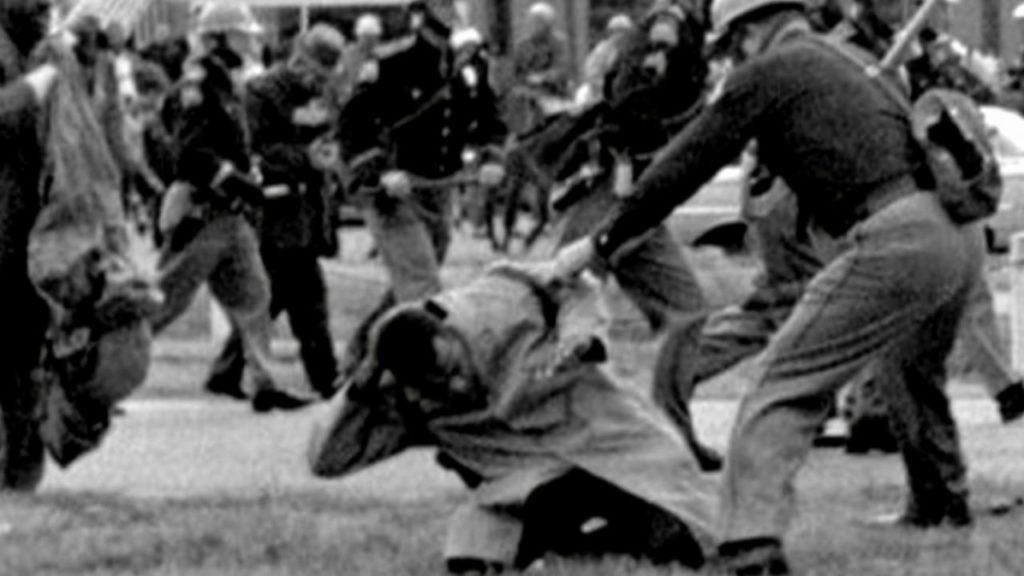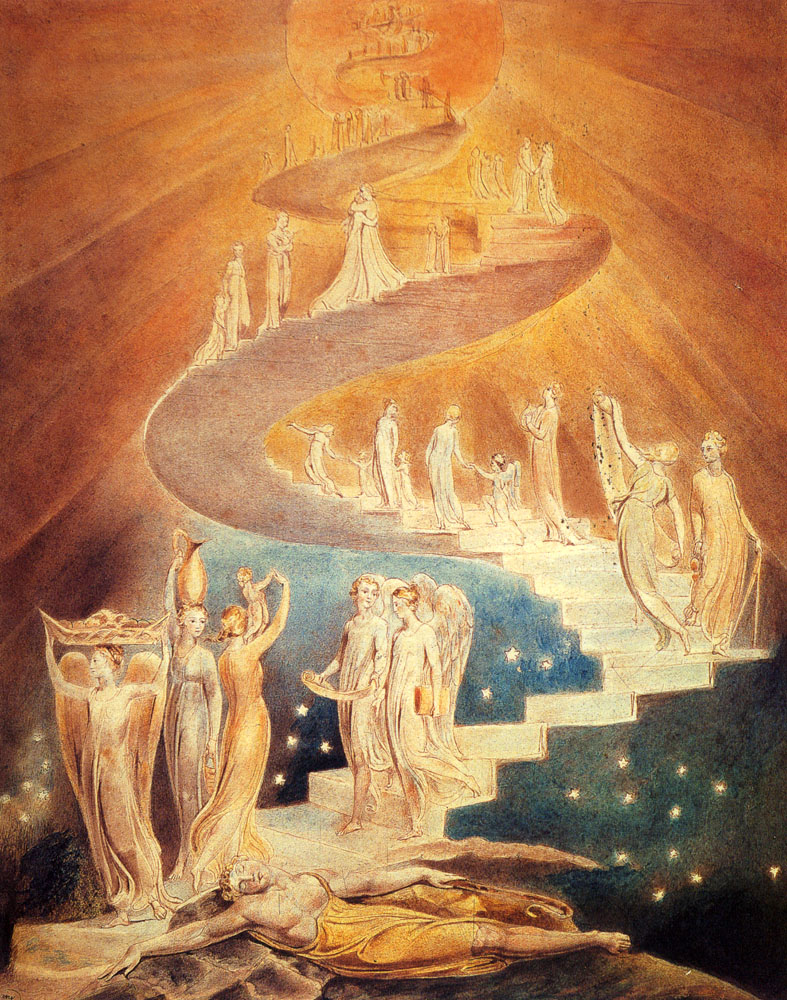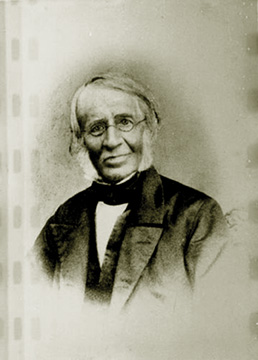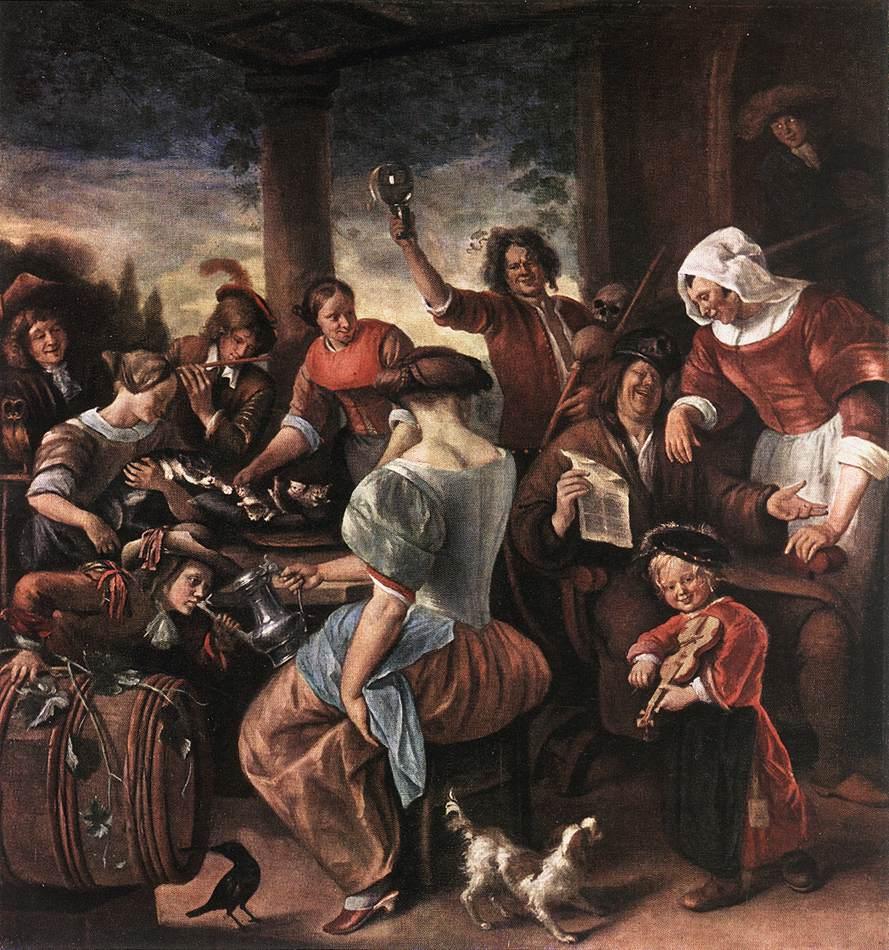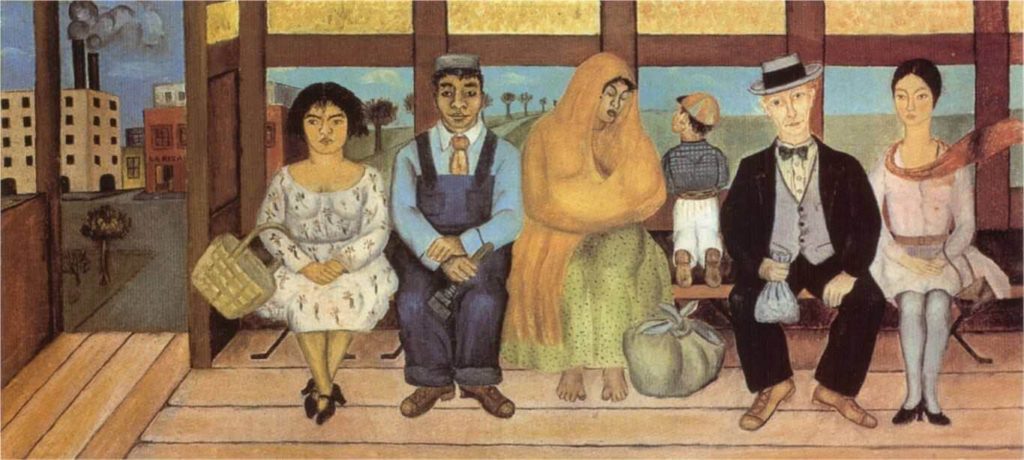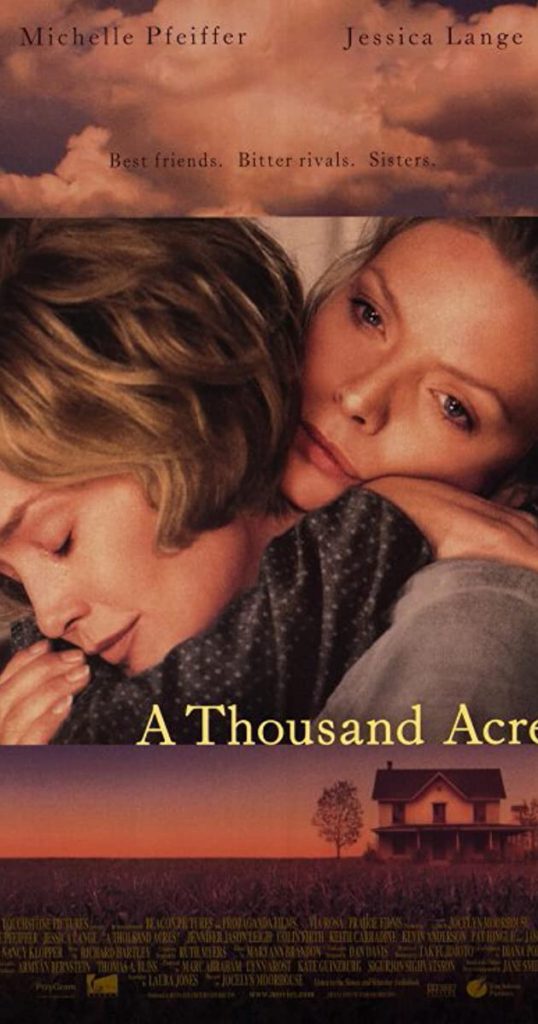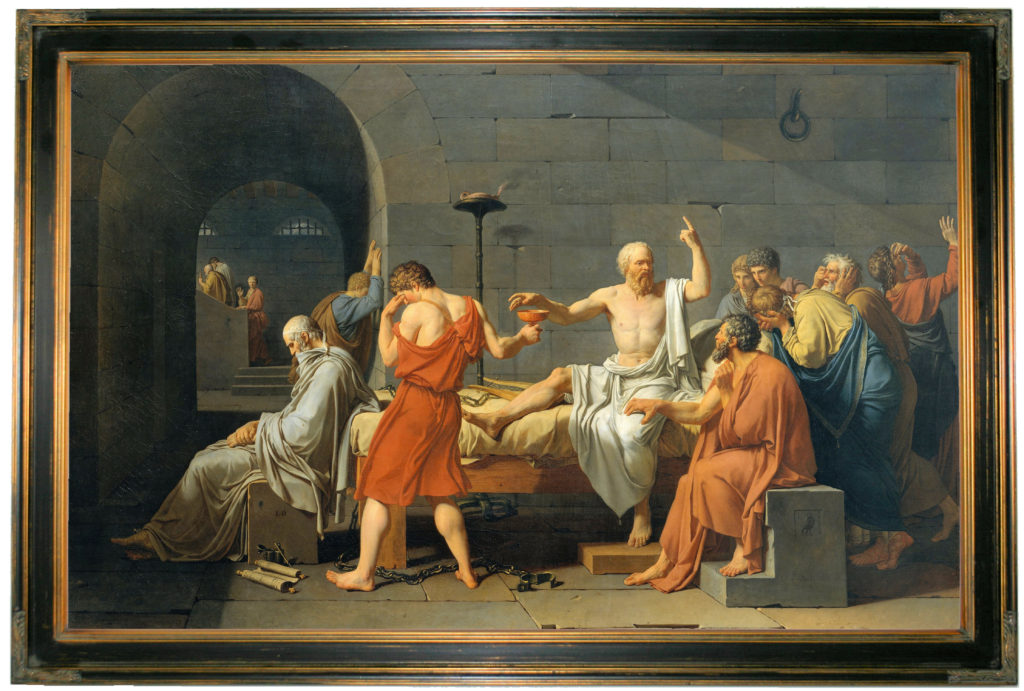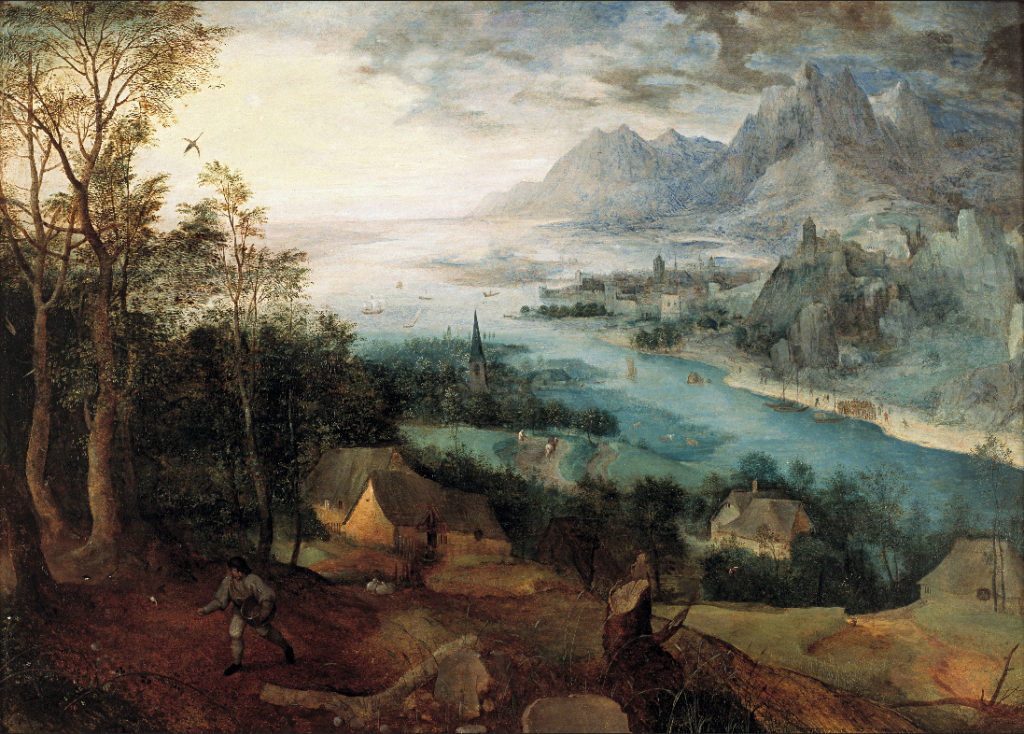
Tuesday
We’ve put up a birdfeeder outside our screened-in back porch and are now being visited by a non-stop stream of goldfinches, titmice, and chickadees. One additional benefit is that, for the first time in my life, I fully appreciate a Yeats image that has always eluded me.
It makes sense that “The Lake Isle of Innisfree” would match up with our experience because, in many ways, we are living the life that the poet dreams of. My mother lives in a house situated on 18 acres of woodland overlooking a lake that itself is a few hundred feet from a Southern Appalachian bluff. To be sure, the cabin close by the house where Julia and I live isn’t made of clay and wattles—cedar planks and metal roofing rather—and we don’t have any beehives. Nor have I heard many crickets.
But we do have katydids, which are drowning out pretty much every other night noise these days. (Before their arrival, we could hear owls, coyotes, and frogs.) Julia has also planted beans on the roof terrace of my mother’s house, where they escape our sizable deer population. Through the trees, before the katydids kick in, we can hear the “lake water lapping with low sounds by the shore.” Peace does indeed come dropping slow.
The line that has new meaning features linnet’s wings. When I first read “Lake Isle of Innisfree,” I didn’t know that a linnet was a small finch. Nor could I figure out how linnet wings would fill up an evening.
I know now. At certain times of the day, we witness a constant fluttering, hearing as well as seeing the birds that gather at the feeder. It’s as though the trees are alive. The titmice and chickadees are especially active, flitting in to grab a sunflower seed and then flitting off. I can hear tiny explosions of wing movements as they land and depart. “Ah! bright wings,” I murmur, quoting the spondee that concludes Gerard Manley Hopkins’s “God’s Grandeur.”
Peace, according to Yeats, comes from paying attention to small moments of beauty. When we do so, they will come to us even when we stand on noisy roadways and pavements grey.
I will arise and go now, and go to Innisfree,
And a small cabin build there, of clay and wattles made;
Nine bean-rows will I have there, a hive for the honey-bee,
And live alone in the bee-loud glade.
And I shall have some peace there, for peace comes dropping slow,
Dropping from the veils of the morning to where the cricket sings;
There midnight’s all a glimmer, and noon a purple glow,
And evening full of the linnet’s wings.
I will arise and go now, for always night and day
I hear lake water lapping with low sounds by the shore;
While I stand on the roadway, or on the pavements grey,
I hear it in the deep heart’s core.
